Gillette’s ‘The Best Men Can Be’ campaign stirs up strong feelings of the wrong sort

The Background
Gillette’s position as the market leader in the men’s grooming sector is being increasingly threatened by cheaper razor start-ups like Cornerstone and Harry’s who offer the same product at a lower price.
This coupled with the changing grooming habits of men across the world, such as the rise of the hipster beard/fashionable stubble (you’re probably sitting next to someone with one of them right now), and the fact that more men are choosing not to shave every day, has put Gillette’s business model under threat.
One of Gillette’s biggest problems is that to many men it is seen as a conservative brand that reinforces traditional notions of masculinity, such as: you can achieve more in business and sport; get the girl/guy; and generally win at life – but only if you’re clean-shaven.
Think Gillette and you probably think of an impossibly handsome hunk standing topless in front of a mirror admiring his impeccable six-pack and smooth visage whilst a glamorous woman caresses his face.
Oh, and that terrible ‘Gillette, the best a man can get’ jingle.
The Big Idea
Gillette’s new campaign is all about repositioning itself as a thoughtful brand that understands the evolving nature of masculinity and moving the brand away from the kind of toxic masculinity that it had previously played a part in creating and reinforcing by promoting a more traditional type of macho ‘man-up’ masculinity.
In simple terms, Gillette tried to get woke to not go broke.
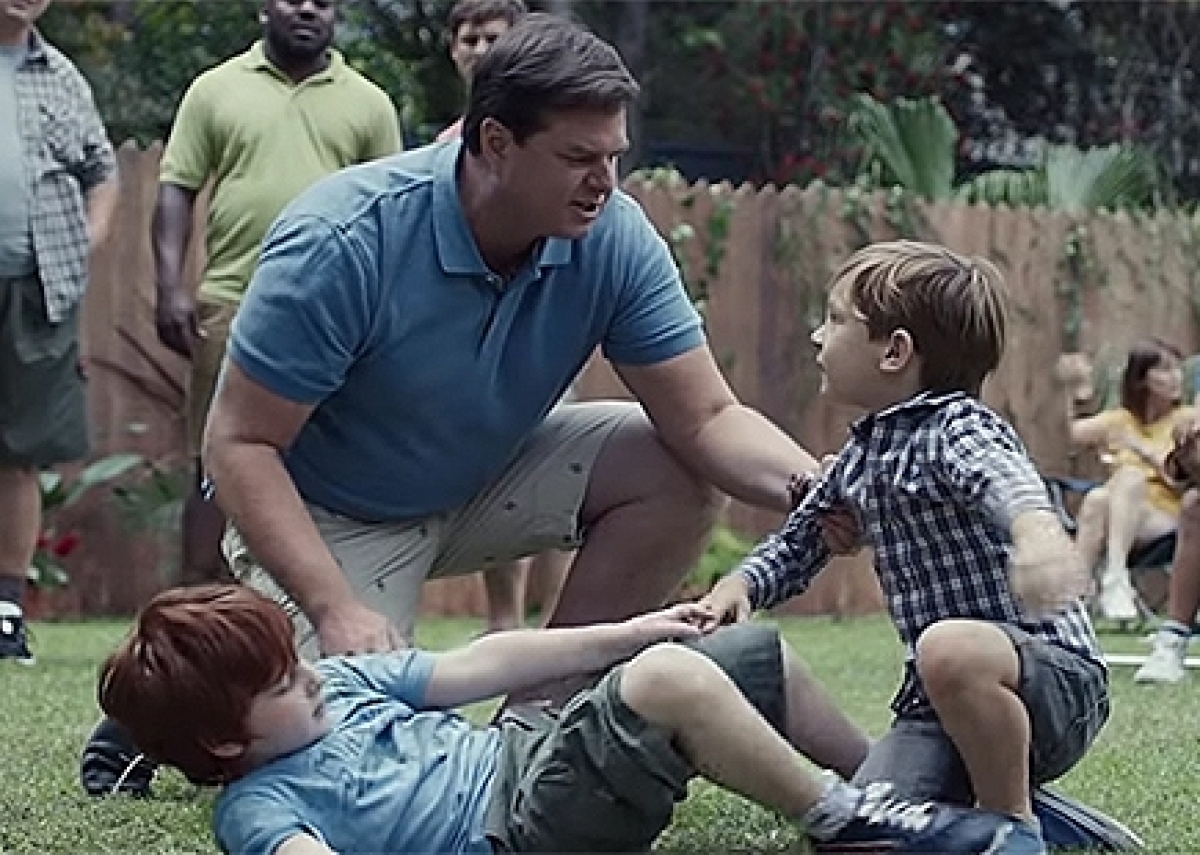
What They Did
Gillette dropped its ‘The Best a Man Can Get’ tagline and replaced it with ‘The Best Men Can Be’ and to mark this change it produced a short film to illustrate what exactly this means.
The short film set out to promote a ‘positive, attainable, inclusive and healthy version of what it means to be a man’ by juxtaposing toxic masculinity with a more modern respectful and urbane type of masculinity.
The result?
*sigh*
Not good, man. Not good
The Review
Before the gloves come off – I just wanted to say that any attempts to combat toxic masculinity right now are a good thing.
But, and this is a big but, and I cannot lie, this campaign got it so wrong that its effect is almost counter-productive.
Gillette’s short film seeks to highlight what men can be if they challenge themselves over the negative stereotypes of the past with an emphasis on being fair, kind, fragile, open and honest instead of promoting traditional masculine traits like strength, power and confidence – sounds great, right?
The problem is that it handles the nuanced and sensitive topic of the changing face of modern masculinity in an ever-changing world with an astonishing lack of subtlety – we’re talking Boris Johnson levels of subtlety.
Men are presented as either being caveman-like alpha-bros who harass women and enjoy watching children fight while drinking beer (I wish I was making that bit up) or ‘knight in shining armour’ heroes who are there to ‘save’ women or less woke men.
It doesn’t try and subtly land its message that masculinity needs to change with the times, it bashes the audience over the head with it in a very crude and binary way.
Creating a campaign for a global audience always makes nuance harder given that the message needs to land in multiple countries who all have their own micro-cultures, however even for a global campaign this campaign employs too many broad brushstrokes.
In 2019, notions of masculinity and gender are so much more fluid, diverse and complicated than the caricatures presented with this ad – it’s hard to know which element of Gillette’s target audience this ad doesn’t alienate in some way.
It has echoes of a Cannes Lions award entry with its serious voiceover, dramatic soundtrack and use of real-world news footage of the #MeToo campaign.
It also nods to Gillette’s past advertising which the next generation of men break through (literally) in the advert, in a small nod to the role it has played in reinforcing the very stereotypes Gillette now wants to confront. The effect is that it comes across as self-important and contrived rather than genuinely moving and a blatant case of a brand using a social issue as an opportunity to flog more product.
You do have to give Gillette some credit – it has succeeded in doing the impossible – it has united alt-right incels and lefty social-justice types – both sides can agree that they hate this advert!
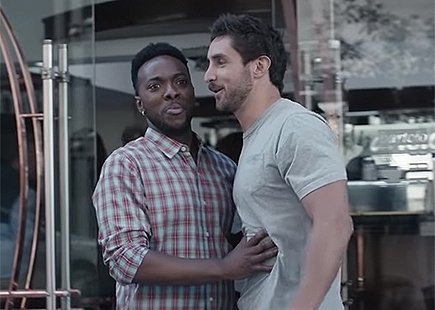
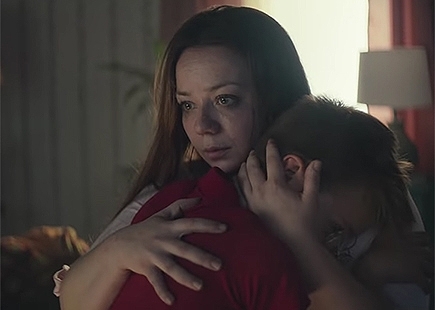
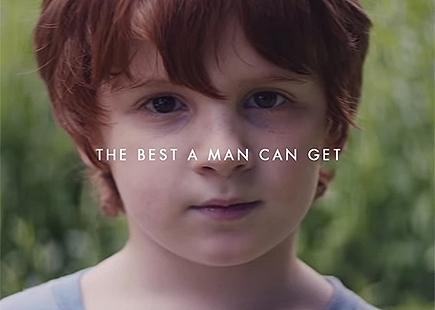

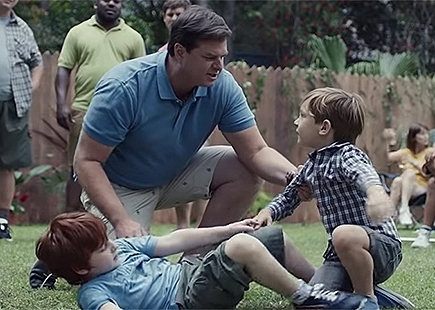
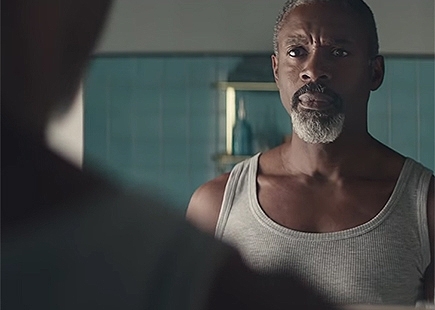
In Hindsight
The biggest problem with this campaign is that it feels like Gillette is looking to solve a problem that it in part helped to create purely for profit. Toxic masculinity didn’t appear overnight – it grew from the traditional ‘macho’ notions of masculinity that brands like Gillette have promoted in their advertising for decades.
Throughout history, grooming brands have always attempted to flog razors/shavers by telling men who to be. ‘Be more creative’, ‘be better’, ‘be more handsome’ or ‘be better with the opposite sex’. This campaign is no different – instead of saying ‘you could achieve more’ now Gillette is saying ‘be a better man’ by embracing another side to yourself.
The only difference between the two is semantics – at the end of the day, Gillette’s campaign is still about flogging razors to hairy millennials, rather than achieving meaningful social change.
That said, Gillette’s $1m donation to Boys & Girls Clubs of America is laudable and does provide an element of depth to the campaign which isn’t necessarily noticeable on first viewing. It makes you wonder why this wasn’t the focus of the campaign in the first place?
The brands that successfully leverage real-world social change and issues are those whose beliefs are hardwired into their brand’s identity – Patagonia donating a $10m tax break to environmental causes makes sense because environmental causes and sustainability have always been at the heart of its brand identity.
Young people can sniff insincerity from miles away and that why this campaign didn’t land.
Gillette is not known as a campaigning brand, it is known for being a corporate behemoth. That’s why even though the intentions of this campaign may have been noble, the impact of the campaign is as blunt as a rusty, old razor blade.
If you enjoyed this article, you can subscribe for free to our weekly email alert and receive a regular curation of the best creative campaigns by creatives themselves.
Published on:


